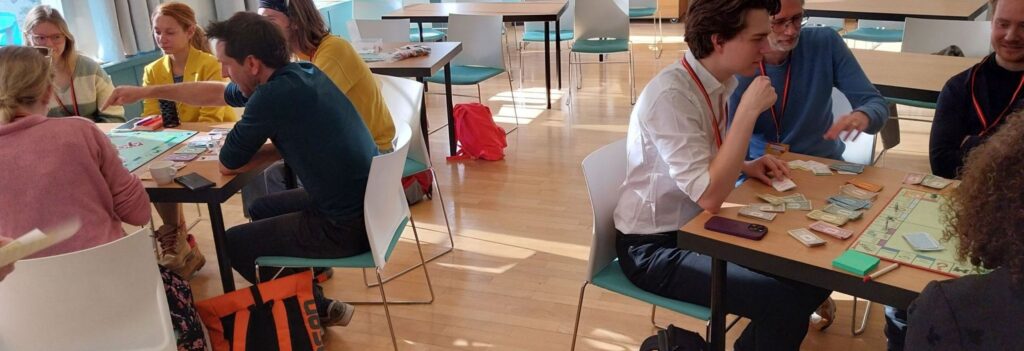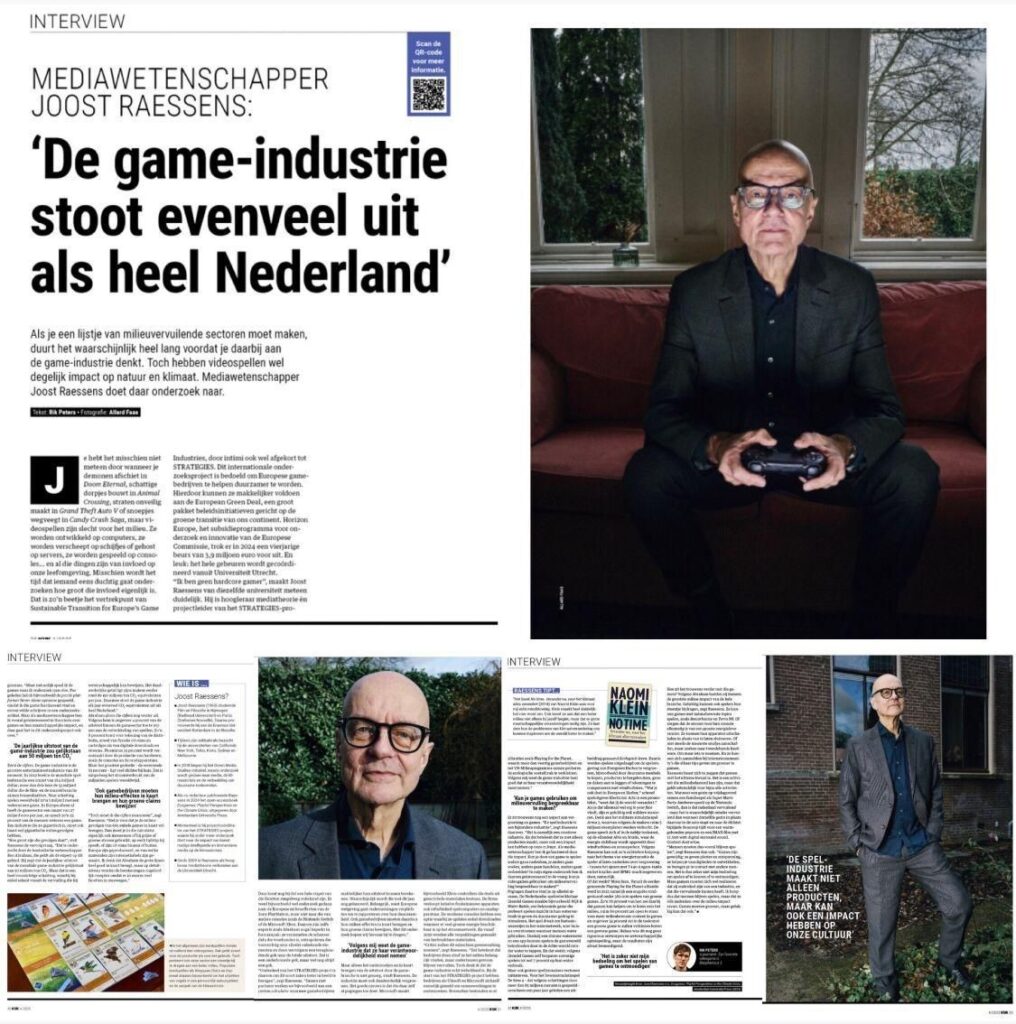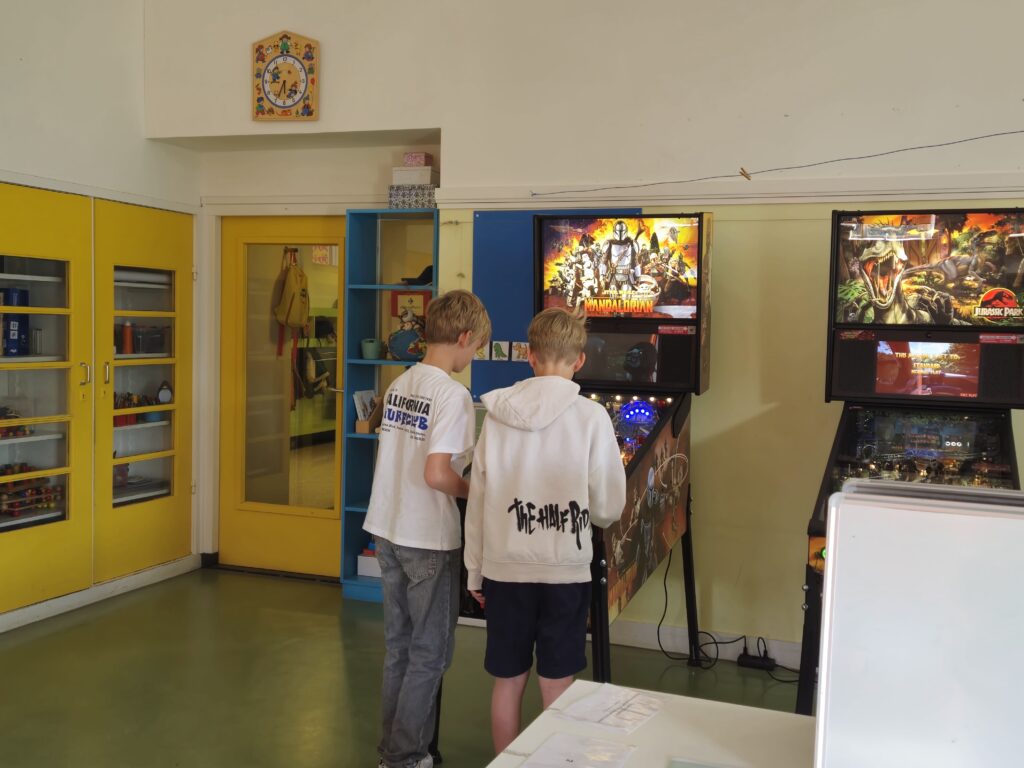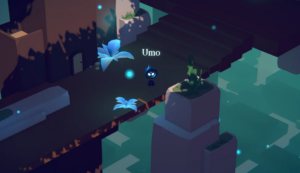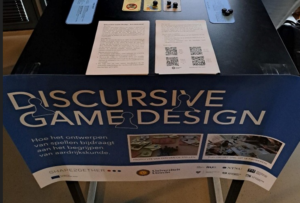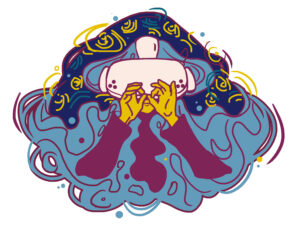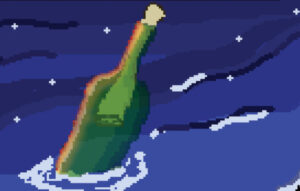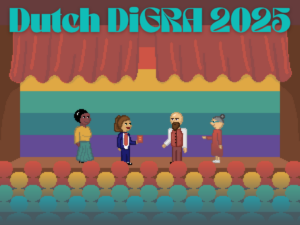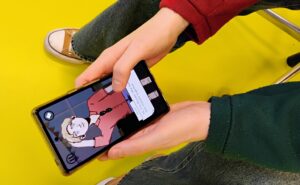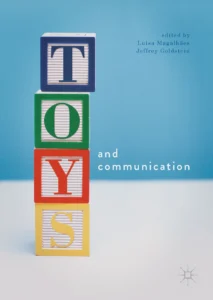Redesigning Monopoly to Foster Climate Resilience
On March 6th, 2025, as part of the annual Onderwijsfestival at Utrecht University, Flora Roberts, Larike Bronkhorst and Stefan Werning organized a workshop on how co-designing iconic (board) games like Monopoly can facilitate imagining sustainable futures and help mitigate negative and cultivate positive climate emotions.

